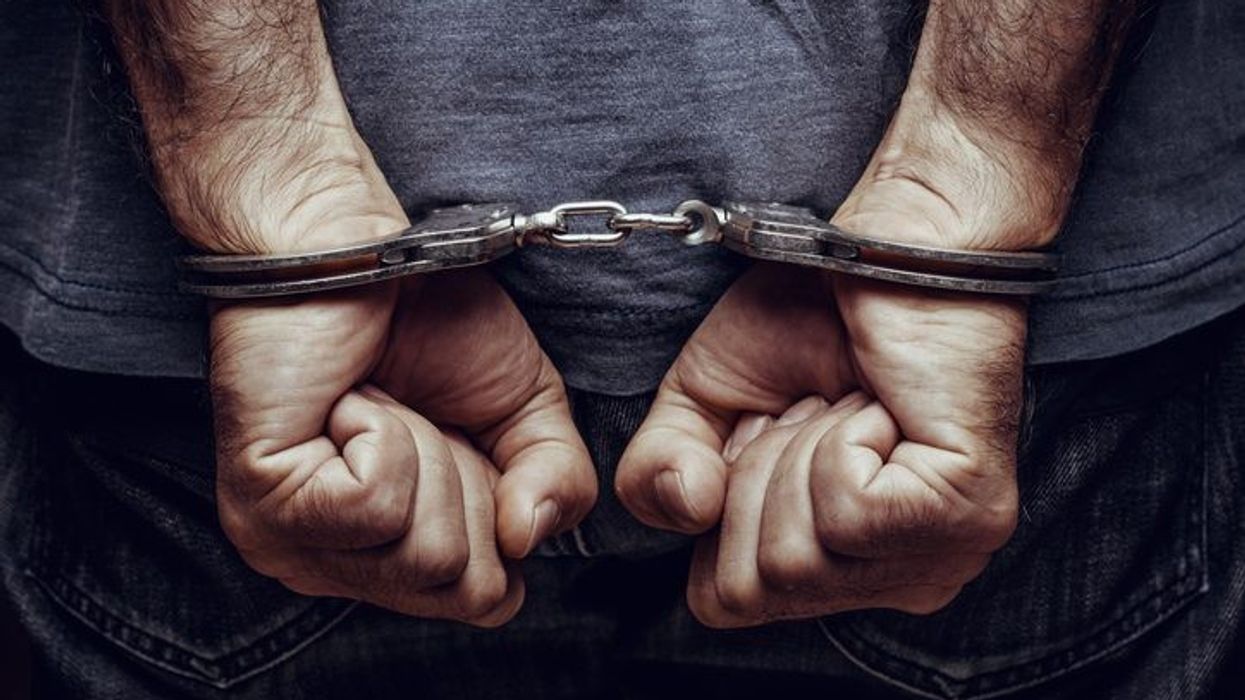Five men were arrested by the Indian police for allegedly performing a human sacrifice, almost four years after a headless body was discovered at a Hindu temple, which had left the authorities confused.
Shanti Shaw, a 64-year-old woman, was murdered and beheaded using a machete in 2019 when she visited the temple in Guwahati, a city in the far-flung northeast region of India.
Despite their efforts, the police failed to make any significant progress in the case until Shaw's body was eventually identified in January, which led to a renewed investigation. This inquiry helped identify several perpetrators involved in the crime, while some others are still on the loose.
"The five planned the killing of the woman," Guwahati police commissioner Diganta Barah told reporters late Tuesday. "A total of 12 people took part."
Barah said the alleged ringleader, Pradeep Pathak, 52, had orchestrated the killing as part of a religious rite to mark the anniversary of his brother's death.
"The accused apparently believed that the sacrifice would appease the soul of the deceased," he added.
Pathak and four others were taken into custody between March 25 and April 1, with police still hunting for their remaining seven accomplices.
India's National Crime Records Bureau lodged 103 cases of human sacrifice in the country between 2014 and 2021.
Ritual killings are usually conducted to appease deities and are more common in tribal and remote areas, where belief in witchcraft and the occult is widespread.
Last year two men were arrested for allegedly killing a six-year-old boy in the capital New Delhi.
The culprits, both construction workers, told police they murdered the child as an offering to the Hindu god Shiva to get rich.
(AFP)





